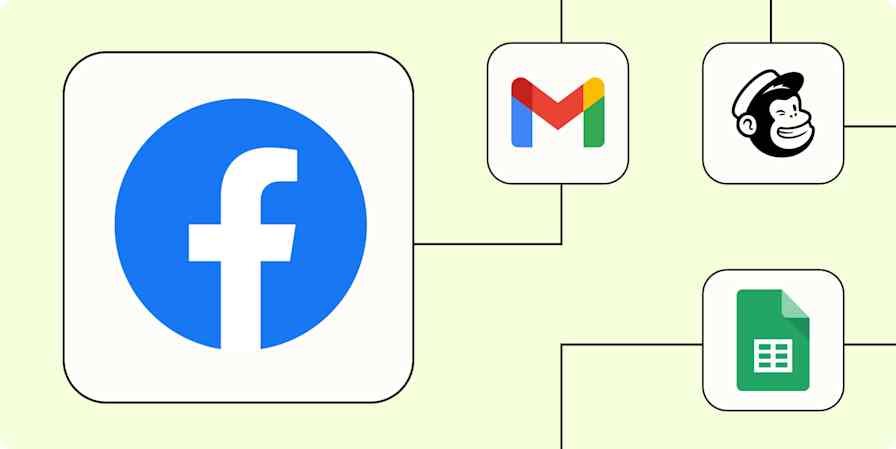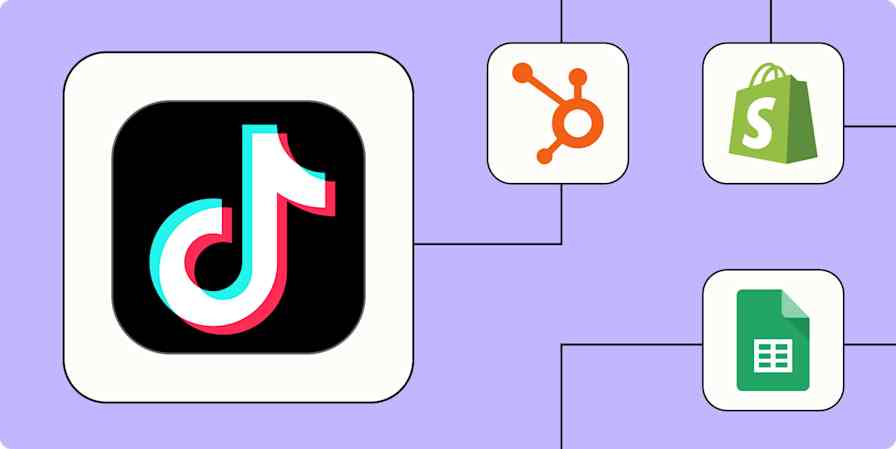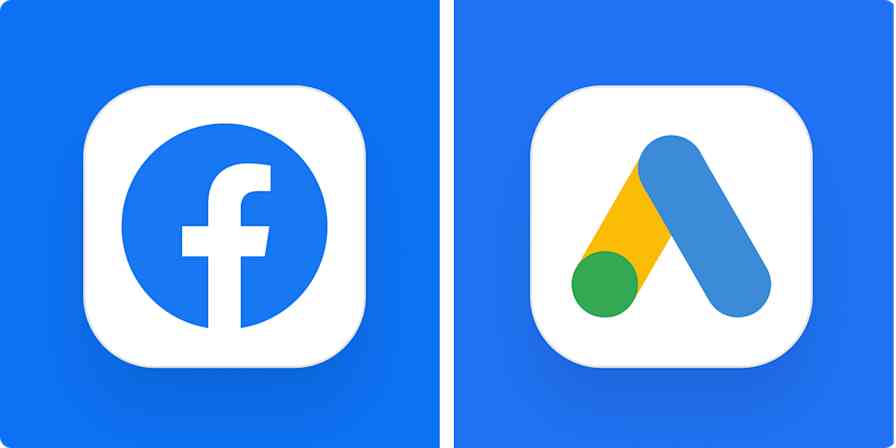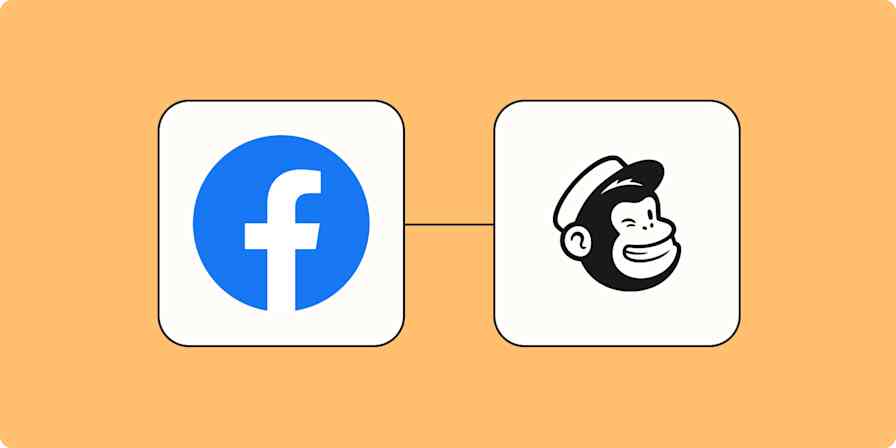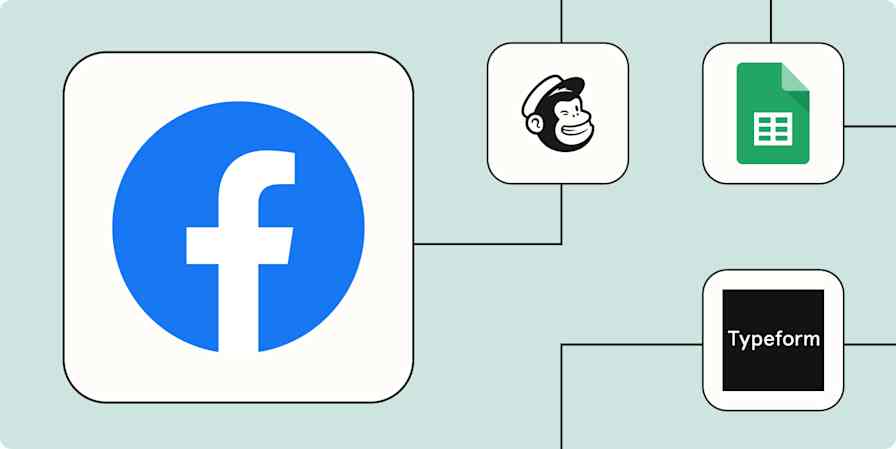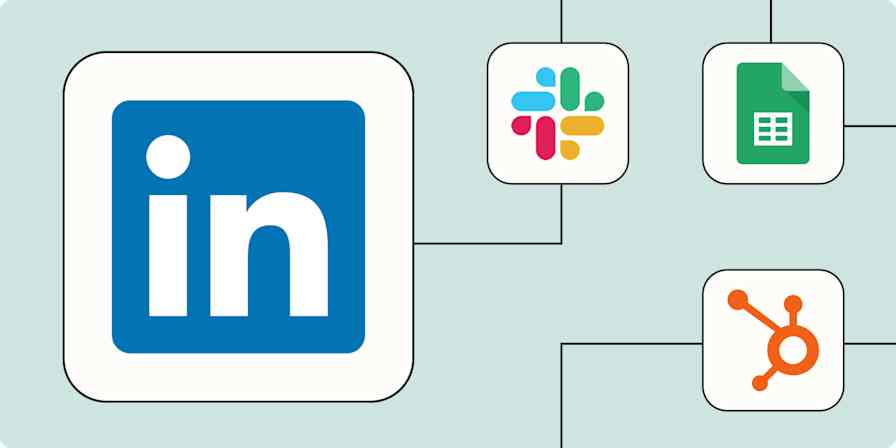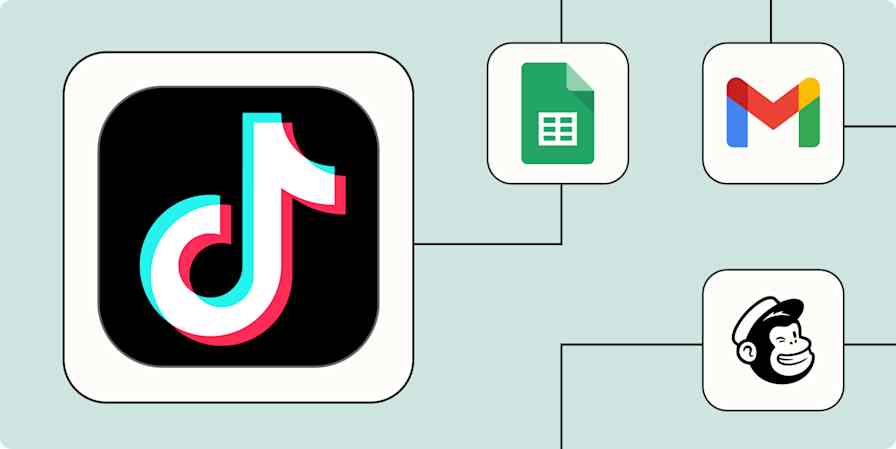Best apps
19 min readThe 9 best pay-per-click (PPC) tools to optimize your ad spend
By Allisa Boulette · May 21, 2024
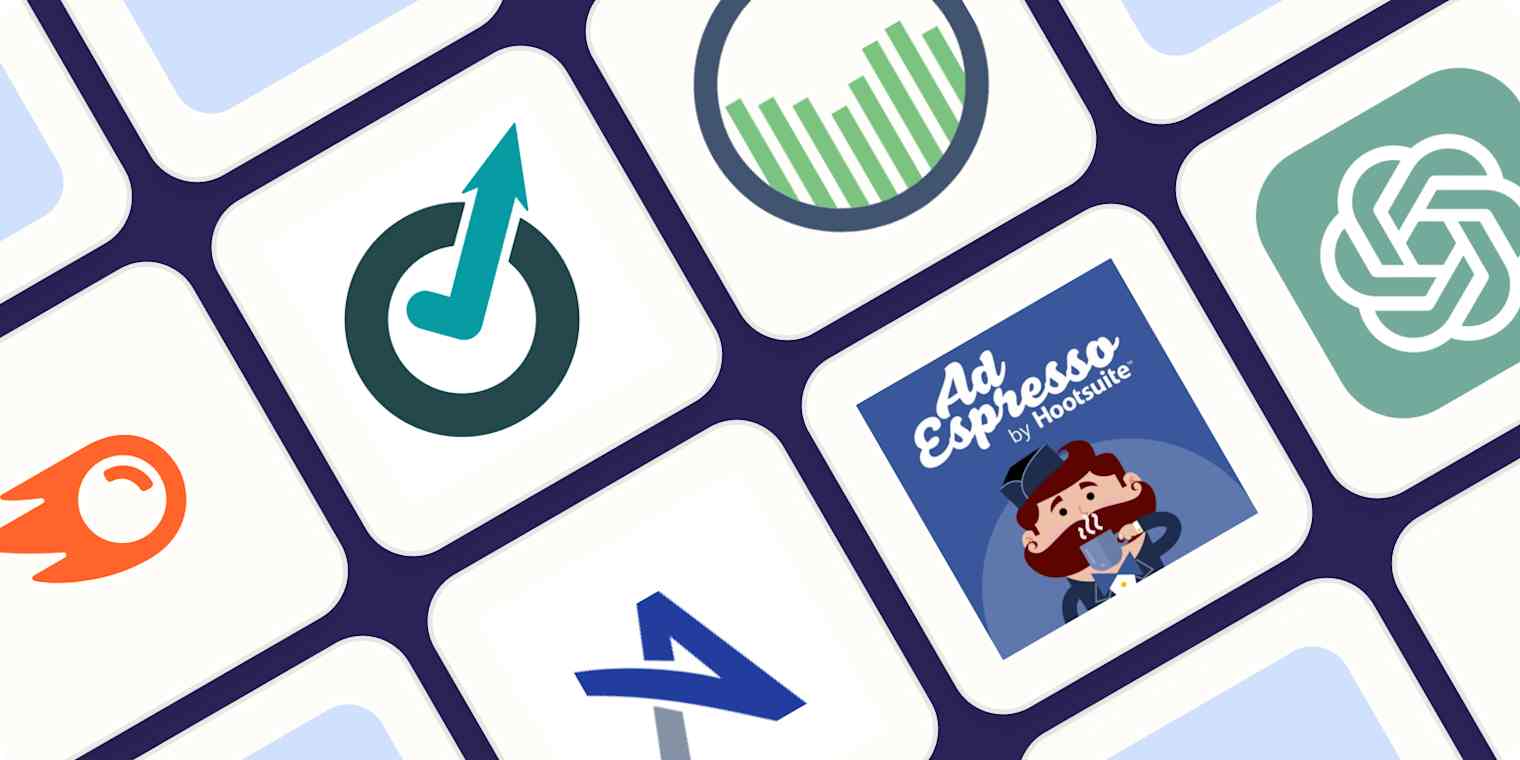
Get productivity tips delivered straight to your inbox
We’ll email you 1-3 times per week—and never share your information.
mentioned apps
Related articles
Improve your productivity automatically. Use Zapier to get your apps working together.



